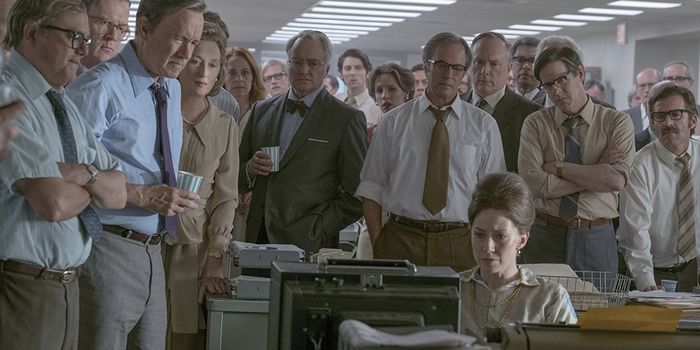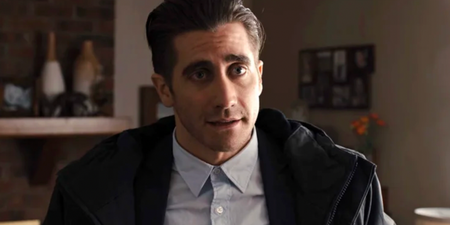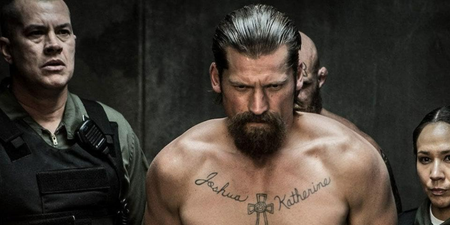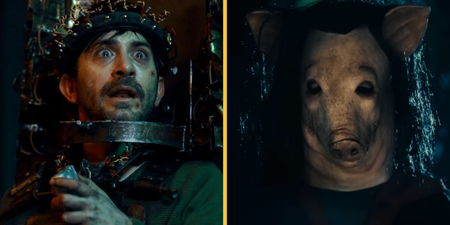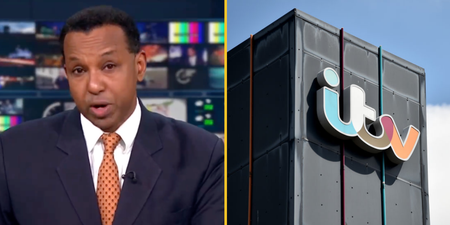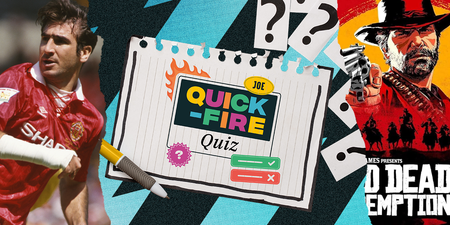This is so much more than just a movie about a newspaper.
It is very difficult to believe that this is the first time that Meryl Streep and Tom Hanks have worked together. It is even more difficult to believe that this is the first time that Meryl Streep and Steven Spielberg have worked together, as they are both such mainstays of Hollywood prestige cinema.
Perhaps, given the weight of the issues at hand, Spielberg knew he had to call upon the best and most trustworthy in the business, because even though The Post is set in the early 1970s, the two major issues that it deals with couldn’t be any more current.
Firstly, there is the divide and apparent cold war between politicians and journalists.
The movie opens with the editor (Hanks) of The Washington Post having a meeting with the newspaper’s owner (Streep), not long after they’ve discovered they are not invited to the wedding of President Nixon’s daughter. While no official reason is given, they all know it is because a writer at the paper previously had some not-exactly-complimentary things to say about Nixon’s daughter.
However, should the writers decide to play ball and be nice, they might find themselves with a last-minute invite. This doesn’t sit well with the editor, who can feel the edges of journalistic freedom of speech being nibbled at and slowly disappearing. Wouldn’t it be better, the Post’s owner asks, to just play nice with the President so at least they can stay within the circle?
No, because if they bend here, they can be relied upon to bend again further down the road, which is exactly what happens with Hanks and Streep and the rest of the paper’s journalists find themselves with stacks full of confidential papers that could effectively bury their current president.
The parallels between Nixon’s outright aggression towards journalists who had the gall to call him out on his wrong-doings and today’s American President tarring every news report he doesn’t approve of with the same #FakeNews brush is too obvious to ignore, but it is an importantly-timed message of optimism.
Journalists effectively took down the most powerful man in the world, and when the time comes for it, we imagine they’ll be able to do it again.
Secondly, while the Washington Post is fighting external battles, it is also forced to prepare for a civil war, as Streep’s character Kay Graham only came into owning the paper when her father died and her husband committed suicide. However, the primary reason her board of directors believe she is ill-equipped to deal with such a position is, primarily, because she’s a woman.
The scandalous Pentagon Papers story lands in her lap just as her company is about to be floated on the stock exchange, and while competing papers are being served injunctions to prevent them from printing, Kay Graham must decide the fate of her family’s legacy. A fate made doubly problematic by the fact that she was America’s first female newspaper publisher, and should she fail, in the eyes of the men in her world, she would be effectively sealing the fate of any females who tried to follow her.
Aside from that pretty much being how Hollywood is dealing with women in blockbusters right now – making us all the more thankful that director Patty Jenkins managed to stick the landing of Wonder Woman last summer – but also given everything to do with the current climate of women not being seen to deserve the same respect and payment as men (hello, everything to do with Mark Wahlberg and Michelle Williams’ recent pay disputes), the fact that it was set nearly 50 years ago and those problems persist today cements the movie’s relevancy.
The Post is in Irish cinemas from Friday 19 January.
Check out the trailer here:
Clip via 20th Century Fox
LISTEN: You Must Be Jokin’ with Aideen McQueen – Faith healers, Coolock craic and Gigging as Gaeilge
